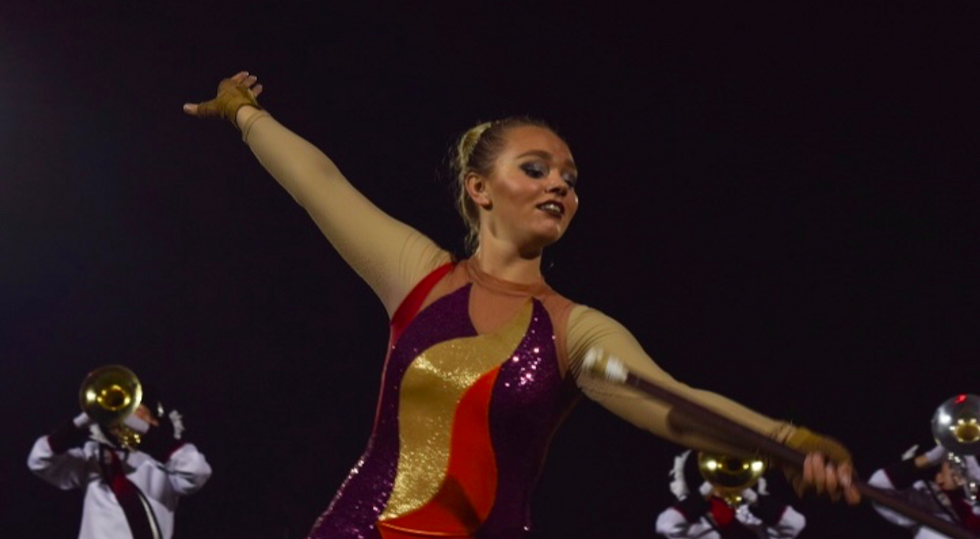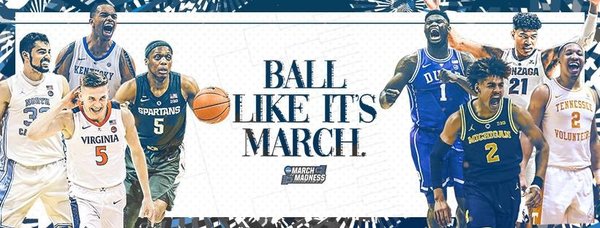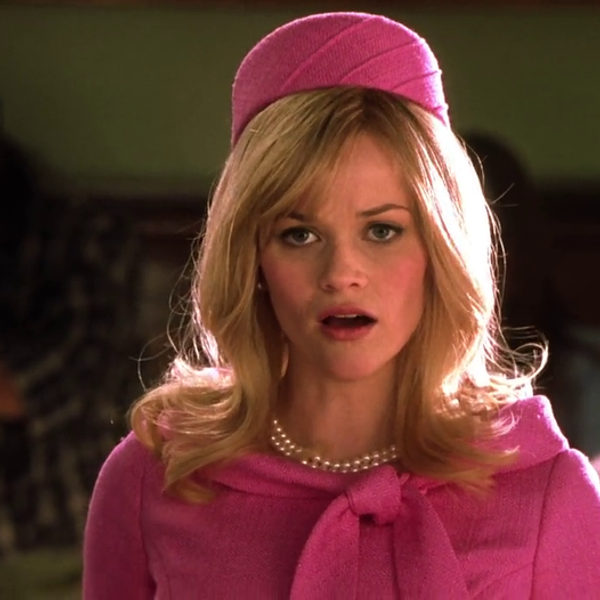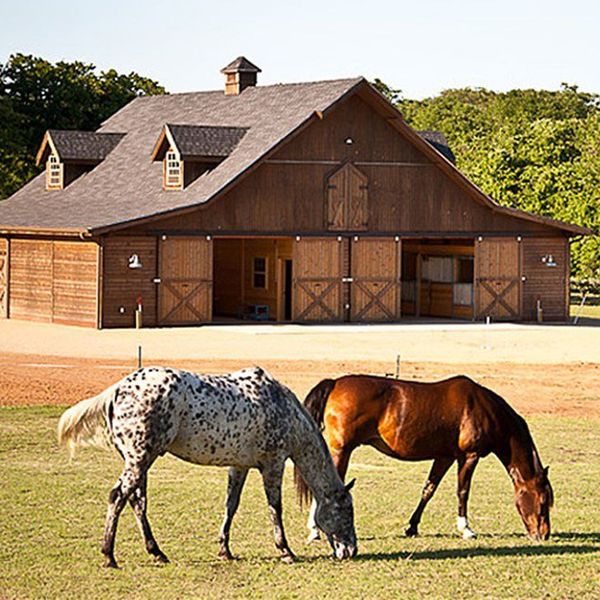Being on a team of around 30 girls and the occasional boy or two can be stressful, upsetting, exciting and rewarding all at the same time. When people hear the words "color guard," they may think of the military or some girls "twirling" flags with a band. Maybe they don't even know what it is at all. For me, color guard was much more than just flags and dancing. I was a member of a competitive band that went to the state competition consecutively for over 30 years.
At first, I had absolutely no idea what I was doing. The leadership at that time would constantly spit out foreign terms such as plié or chaussé, and I had never been more confused in my life. I used to go home crying from almost every practice, solely because I wanted to be as good and graceful as the seniors teaching us.
Over the years, I started catching on to what had seemed like impossible tricks at first. I joined the rifle line, learned how to dance from my heart and even learned how to spin sabre (the sword thing for those who don't know). The thing that I always loved even more than the sport itself was teaching others how to do it. When I discovered this passion, I figured out my end goal: to be captain of the color guard my senior year of high school.
So there I was, in my senior year of high school, about to audition for a leadership role. Every body part was sweating, my stomach was in knots and I could barely think about anything else besides the routine I had worked so long and hard on. When my turn came, I got up there and did what I did best: performed. I waited for what felt like a grueling forever, and then the results went live.
I had received the role of captain.
I never expected leadership to be easy, but I always enjoyed a challenge. I was always thinking of ways to be a better leader and ways for the team to improve as a whole. Some of the biggest issues when you're on a team with a majority of girls stem from, you guessed it, drama. Getting past the petty fights and power struggles is key to a successful performance. Some practices would be tougher than others, especially when we would get closer to going to competitions, so those were the times that we really had to stick together, get our heads in the game and realize what was really important: a solid, successful performance and the chance to receive trophies. Getting the award for Best Auxiliary at a competition was like winning the lottery, and I can gladly say that over my four years we had received that title several times.
I would not trade my four years in the color guard for anything. I learned so much about myself and being a part of a team, and I think I will be able to use these skills in many situations in life. I developed vital skills such as problem-solving, critical thinking, teamwork, and of course, leadership. I am fortunate to be able to tell people that I was the captain of something, and I love sharing my old band videos with college friends who had never even heard of a color guard before I mentioned it to them. So here's a thank you to the four seasons of blood, sweat, and tears, the many band camp stories, the bonds formed and the lessons learned. I will never forget what I have learned from being a leader of the marching band's color guard.






















